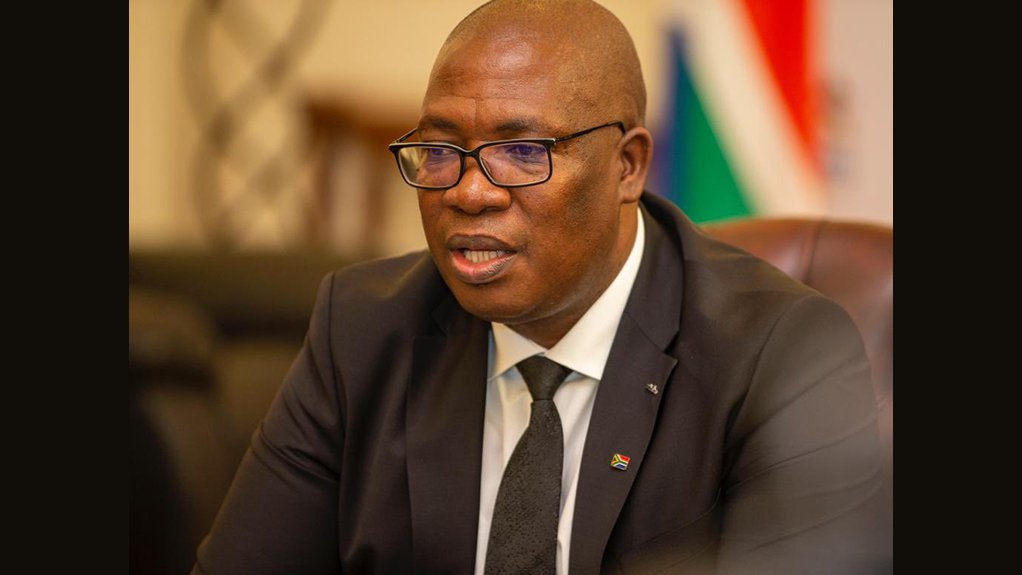Smart mobility is a pivotal part of achieving government’s Vision 2030 plan and Gauteng must play a leading role in this, especially with its transition towards a digital economy, Gauteng Premier Panyaza Lesufi emphasised on October 2.
He was delivering the keynote address on the second day of the Smarter Mobility Africa conference, which is being held this week in Johannesburg.
Lesufi pointed out that the province had decided to move away from mining and towards the digital economy of the future, with this underpinned by a focus on the financial, information and communications technology, insurance and entertainment sectors, using technology.
He highlighted that this would require smart mobility into the future and called for Gauteng to be a pioneer in driving this.
Moreover, Lesufi mentioned the need to position the transport industry as the backbone of the economy, and for it to be relevant and respond to the type of investment that the province required.
One example of a transport project being pursued is the proposed construction of a high-speed rail line between Gauteng and Limpopo, which Lesufi said the province was getting ready to unveil.
He posited that this would benefit both provinces resulting in more efficient inter-provincial travel.
Lesufi emphasised that Gauteng needed to invest in smart mobility in order to grow and said a single ticket for use on all modes of public transport in the province could go a long way in improving services for commuters.
He said the province was ready to launch a process to establish a single ticket, which, when operational, would engender a streamlined transport experience for users in the region.
Gauteng Transport and Logistics MEC Kedibone Diale-Tlabela added that the Fourth Industrial Revolution had disrupted the transport industry, with apps now available for most modes of transport and ride-sharing services.
She noted that the industry was set for further disruptions with the emergence of artificial intelligence and that the industry had to adjust to respond to this.
Moreover, other factors that require attention include climate change, with the transport sector being a heavy carbon emitter. Diale-Tlabela called for a modification of every facet of the industry to mitigate this, including by investing in cleaner fuels.
Another global trend that is impacting the industry is electrification, to reduce emissions and costs.
Diale-Tlabela said that, on a domestic level, Gauteng was also exploring this.
She also mentioned the implementation of new-generation driving licence testing centres in townships, with another set of these centres to be unveiled this month.
EMAIL THIS ARTICLE SAVE THIS ARTICLE ARTICLE ENQUIRY
To subscribe email subscriptions@creamermedia.co.za or click here
To advertise email advertising@creamermedia.co.za or click here











